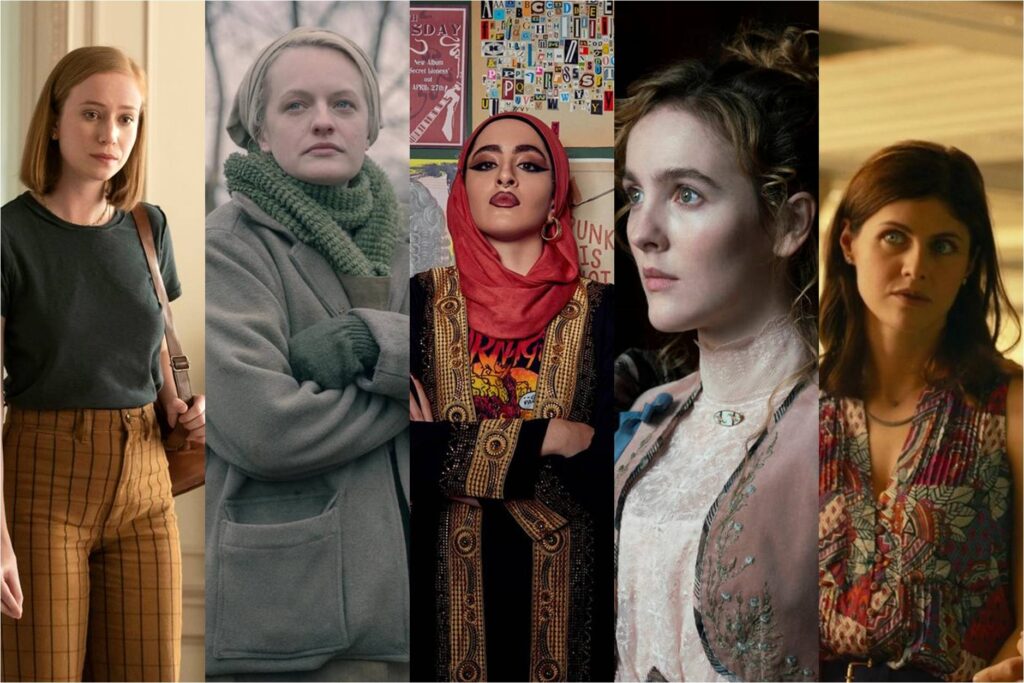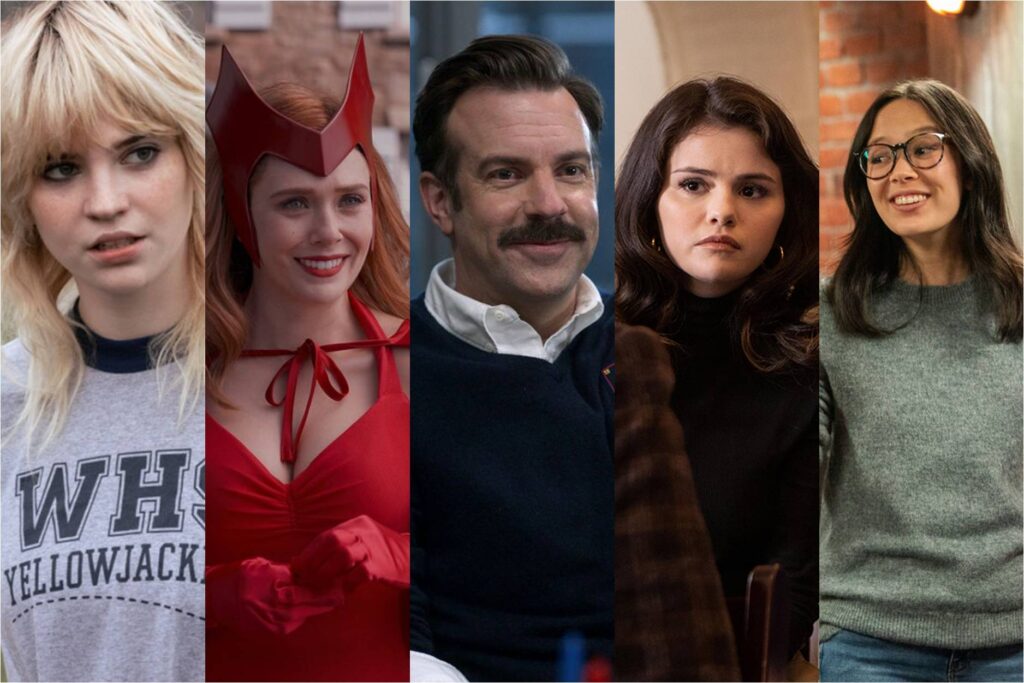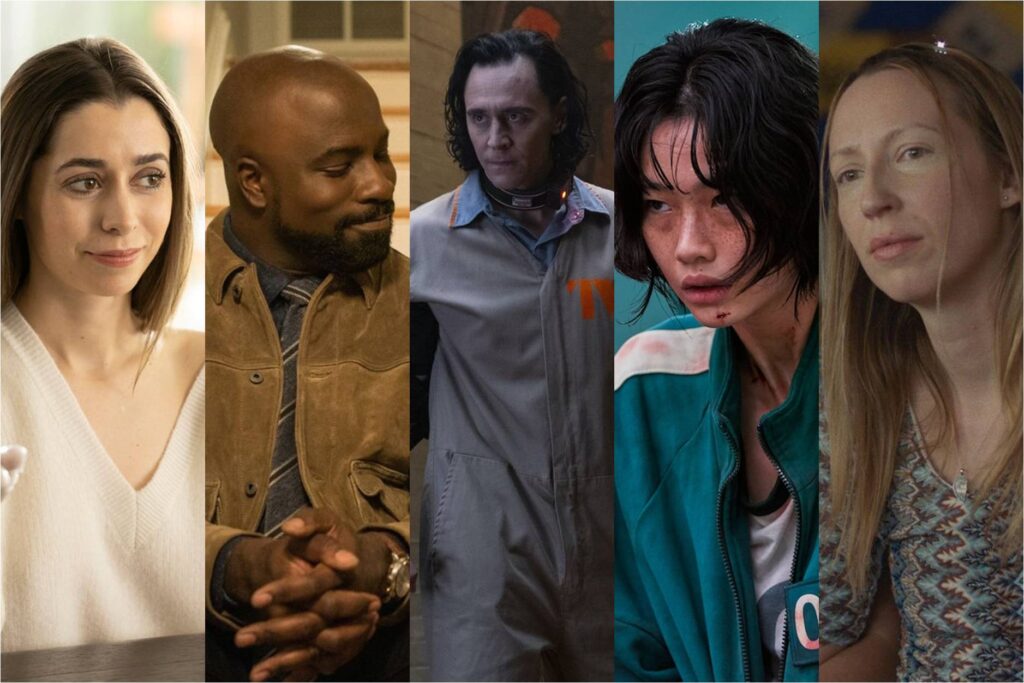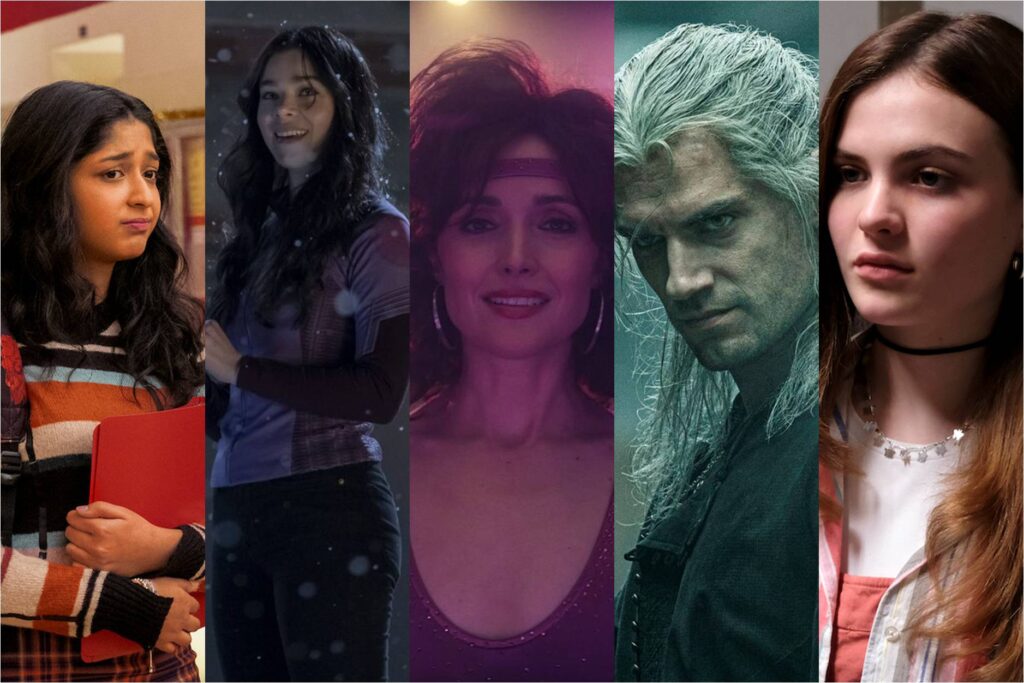The 10 Best TV Shows of 2021
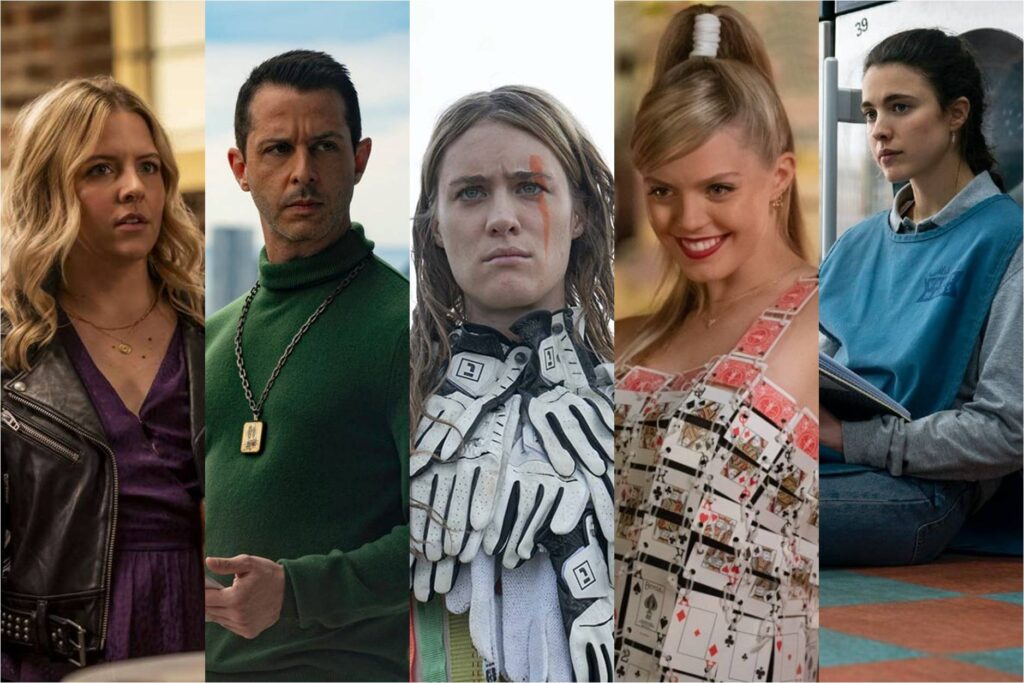
And here we are. We’ve spent the week ranking all 108 TV shows that we watched in 2021. At long last, we’ve arrived at the top 10. If you missed the previous pieces, you can find them at the following links:
#s 108-95 (tiers 11 and 10)
#s 94-84 (tier 9)
#s 83-61 (tiers 8 and 7)
#s 60-41 (tiers 6 and 5)
#s 40-31 (tier 4)
#s 30-21 (tier 3)
#s 20-11 (tier 2)
Tier 1: The top 10
10. Midnight Mass (Netflix, Season 1). A literalistic description of Midnight Mass might make it sound silly. Here is a series about a small, quiet island town whose peaceful tranquility is severely interrupted when it suddenly becomes a haven for—spoiler alert!—vampires. It’s a faintly absurd show that risks growing even more absurd because it takes itself absolutely seriously. Yet it’s that sincerity—the willingness to contemplate themes of faith, forgiveness, and salvation with frankness and without irony—which makes it so powerful. As is ever the case with the work of Mike Flanagan (both of whose prior Netflix series also made their respective year’s top 10 on this site), it’s superlatively crafted, with fluid camerawork and unnerving patience. But despite delivering some startling jolts, Midnight Mass isn’t as pound-for-pound scary as either of his Haunting shows, because cultivating fear isn’t its primary goal. It’s more interested in fusing familiar horror tropes with genuine theological examination, and it explores the inherent paradoxes of religion with uncommon candor, and without corresponding judgment. It also features gratifyingly complex characters, most notably Hamish Linklater’s morally conflicted priest. Samantha Sloyan, meanwhile, is unforgettable as one of the most deliciously vile villains ever created. Midnight Mass has the decency to imagine a dark world that’s nonetheless lit by hope. But when Sloyan is on screen, it recognizes that evil is very real, and all too human. Read More

